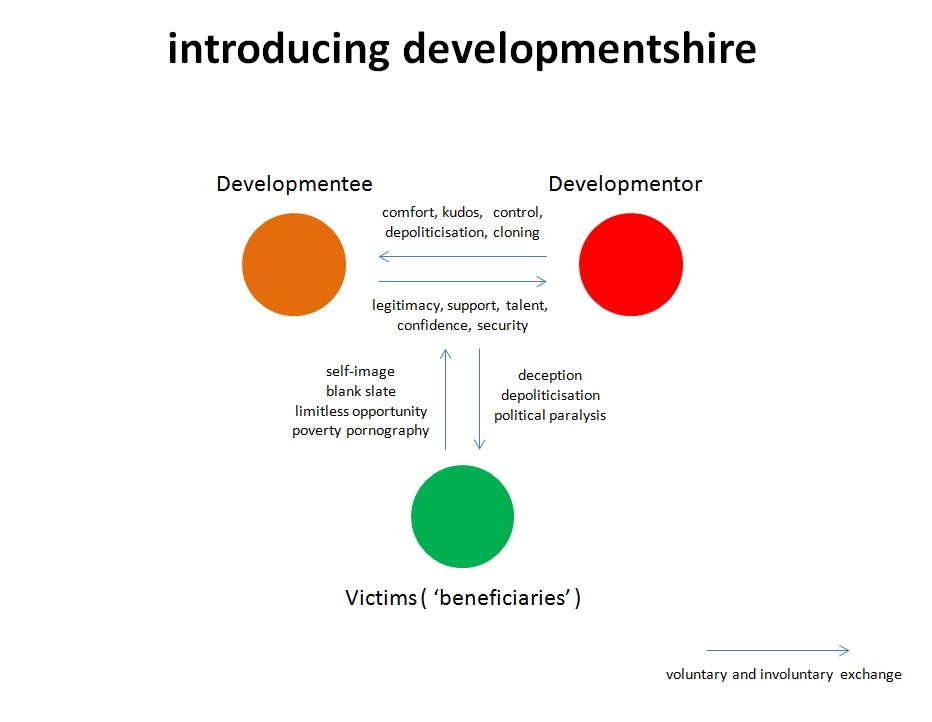It is hard to imagine the suffering and degradation of famine and how it continues to transform the spiritual, technological and intellectual traditions and futures that we nurture. When I read about famines of Bengal, at one level I wonder about all the friends and relatives I am missing out on, but also now the learning and teaching value of these disasters and what they demand of the decolonial eco-politics that remains in our dreams.
It is a peculiar, dizzying and colonial wound and bind. So I'm putting together this work-in-progress resource page to raise awareness, and creative resistance to the criminal individuals and infrastructures of arrogance celebrated by the new five pound note pictured below.
Progress is wider and higher recognition of the Bengal Famine of 1943 in the story Britain tells itself and the world about World War 2. I do not celebrate indentured foot soldiers of white supremacy as British Asian or British Indian or British Muslim history worth celebrating, though I wish them well in the afterlife.
Petniti: The Practical and Epistemic politics of hunger
A lot of decision-making still occurs in the mental shadows of famine. From adopting problematic agricultural technologies pushed at us as solutions to famine and climate doom, to acquiescing to tyrannical political relations just to survive/thrive, from falling into overpopulation-thinking, to taking that job that probably messes the world up further. Putting food on the table has a different meaning when political, economic and nutritional stunting is so apparent. Its even in the language.
The term petniti, which we use in Bangla to capture the politics (rajniti) of filling one's own stomach (pet), opens up new horizons of manipulation, which we can call developmentshire. Developmentshire comes into being not just in the conventional case of a donor, an implementing organisation and their hapless victim, but in the of knowledge itself, religion, war and art.
The region we call Bengal has hosted famines for millennia. In 3rd century BC Mahastangarh (near Bogra) we have evidence of government relief efforts. The intensity of famines upon the arrival of colonial systems of exploitation, and transition states has been of another order altogether, the three most awful of which are
- The Great Bengal Famine of 1769-70, which unfolded alongside the rise of the British East India Company. 10 million, or a third of the then population is though to have died.
- The Bengal Famine of 1943, which took place alongside British colonial policies of denial. An estimated 3.5 million lost their lives.
- The Bangladesh Famine of 1974 occurred in the context of the aftermath of the Bangladesh war. Some estimate a million died, though the official number is 26 000 [Beware of number politics in this period]. [Source: Banglapedia]
The Resources
Eventually this section will include videos, podcasts, online books, the odd article and hopefully some primary sources.
The Great Bengal Famine, 1769-70
The Bengal Famine, 1943
The Bangladesh Famine, 1974
An Unfashionable Tragedy [online documentary] by John Pilger (1974)
General Famines literature
Poverty and Famines: An Essay on Entitlement and Deprivation [online text] by Amartya Sen (1981)
Ingredients of Famine Analysis: Availability and Entitlements [online text] by Amartya Sen ( 1981)

